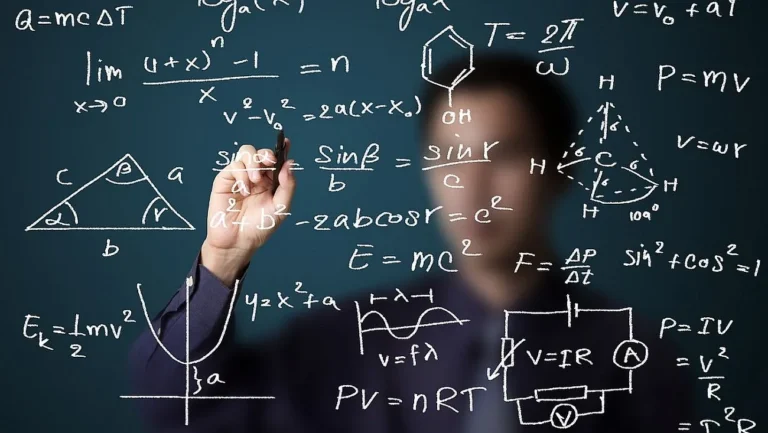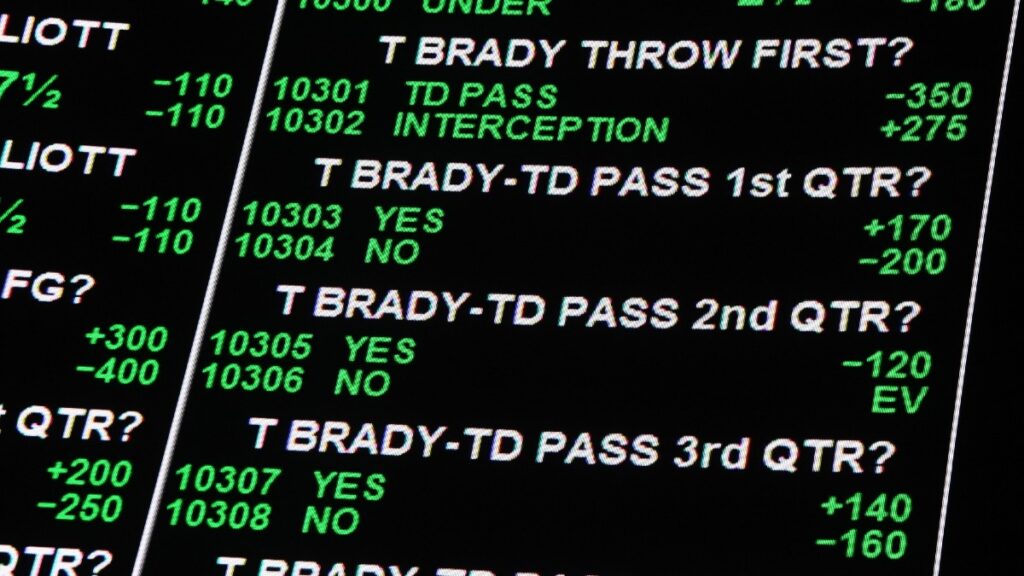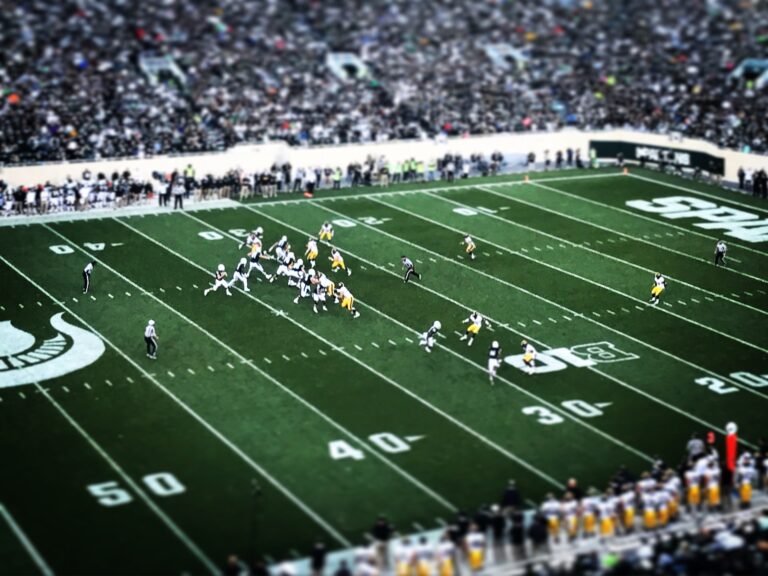If you’ve ever wanted to make money betting on sports, you’ve probably wondered about the math behind betting odds. Betting odds are the mathematical representation of your chances of winning a wager. Understanding how they are calculated can be helpful when deciding what stakes to place.
At many of the best sports betting sites just like this list there are three main types of odds: decimal, fractional, and American. Bookmakers use these odds to make their decisions. Each type of odds can be converted into another. In addition this, you can also determine whether to place a bet by calculating the implied probability of winning, which is expressed as a percentage.
Contents
Is Gambling Math Complicated?

While gambling math is complicated, it is also essential for winning. Understanding how gambling odds work will give you an edge in making smart decisions when betting on sports. For instance, penny slots and poorly placed roulette bets are bad bets. A smart bettor knows these games and stays away from them. However, sports betting is more complex and requires you to consider a wide variety of factors, such as quarterback ratings, injuries, and bye weeks.
One mathematical concept that has a profound impact on betting is the law of large numbers. This principle states that, as the sample size increases, the average of actual outcomes will be closer to the mathematical probability. This principle applies to betting on horse races as well as to parimutuel gambling. As the sample size increases, the chances of winning will increase. However, this law doesn’t apply to all types of betting, and this article explains how it works for parimutuel betting.
How Are Sports Betting Odds Calculated?
Bookmakers try to balance the odds for bettors on either side of the game, and they price the odds accordingly. This means that if you’re betting on the Falcons to win by 10, the final score will be 41-31 for the Falcons. The bookmaker’s risk is spread across thousands of bets, hundreds of leagues, and dozens of shorts, so that they can generate a 4.5% profit margin from each bet.
Sports betting companies are also highly dependent on sharp punters who ruin the odds for a team. Professional bettors can ruin the odds for a game if they place large bets on a team. In such a situation, sports betting companies may adjust the odds or deny bets placed by sharp punters. In short, they don’t care if punters win or lose because they make money no matter what.
The difference between each bookmakers’ odds is also often due to the bookmaker’s opinion on the likelihood of a particular outcome.
How do Makers Display the Odds?

Odds are usually expressed as a fraction or ratio. For example, if an underdog is given an 8/5 odds, it means that eight out of 13 outcomes will occur for that team. This implies that a team with a lower implied probability is better than one with a higher one. If a team is favored, the odds are lower than the opposite. It’s also important to remember that bookmakers’ odds change throughout the game.
When you’re betting, you’ll want to understand how the odds are calculated. The odds are a representation of the bookmaker’s opinion on a particular outcome. For instance, motor sports are a great example. We all know who the best F1 car manufactures, and so do the bookies, so the odds will consider car make and performance on top of who is driving the car. Therefore, if you place a wager on an F1 team to finish top of the charts at the end of the season, inevitably the odds would be much higher. However, the opposite is also true. If the underdog is the best tennis player in the world, the odds would be lower.
Sports Betting Companies Copy Competitor Odds
Most sports companies copy competitor odds or use their adversaries to influence their odds. In general, a sportsbook will change the point spread when another book does even without taking bets. This is because professional sports bettors often join multiple sports books and will offset bets against one another in cases where odds on different sites are very different. Sportsbooks would prefer to avoid this situation.
This also leads to many betting companies also follow the money, i.e., they see huge bets from the public on certain outcomes, and if this is something that trends across multiple sportsbooks, you will find their odds will often be very close to each other. This is because no sportsbook wants to become exposed to their competitors.
Why Sports Betting Companies Outsource Event Odds

Unless you own a sportsbook, you have probably wondered why Sports betting companies outsource event odds. The internal process can be expensive and time consuming, so many types of betting to so why not outsource the job to the experts?
Using a third-party vendor for betting odds can cut costs and increase efficiency. Most sportsbooks outsource their event odds because the cost of hiring experts is prohibitively high. The majority of betting odds are outsourced, as most sportsbooks outsource to oddsmaking consultants. However, sportsbooks cannot differentiate themselves without a distinct advantage in odds. The problem arises when the companies’ odds are nearly identical to those offered by competing betting sites.
Also, they can reduce the size of the team, with employees only needed to determine the odds and intervene in exceptional cases. By limiting the number of employees, sports betting companies can ensure long-term profitability and security. This practice is also a great way to protect the integrity of the betting market.
Then of course, because there are so many types of betting across different sports, some sports books will outsource particular betting services while keeping others in-house. Doing so provides the company with the same benefits already mentioned in this section.
Using Complex Algorithms
Much of the work put into to creating odds above uses AI and algorithms. Even a large team of employees would find it difficult to keep track of the odds on the huge number of sports events televised. This is very different to bookies of old which would specialize in a sport, and quite often only local sports because the exchange of information just wasn’t available. However, today not only do we have the internet as a medium for fast paced real time data exchange, there are also complex algorithms, and some of them also learn by spotting trends from past events and stats.
There could be a tennis tournament for example, and its being played at Wimbledon. This event uses grass tennis courts, and so the algorithm will naturally show sports betting employees odds that reflect a player’s ability to play better on grass versus let’s say the Spanish open which uses clay.
















